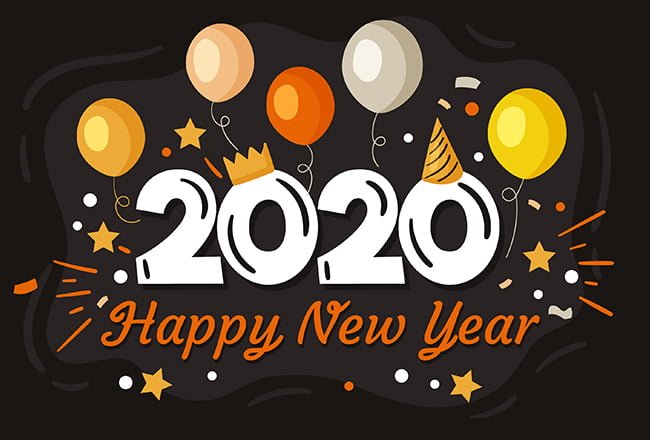 New Year Resolutions
New Year Resolutions
New Years is neigh and many have already started to make plans for 2020. No one knows who actually started the concept of resolutions, probably someone who was frustrated with the ongoing routine or simply wanted to change for better, little did they know that it’s easy said than done.
History of New Year Resolution
The New Year is a natural time to reflect and resolve to change or improve how we live our lives. The Babylonians, back in 2000 B.C. celebrated it for 11 days conventionally returning the equipment that they have borrowed and make peace with their neighbors by offering them supper.
However, it was eventually shifted with the Julian calendar to the month of January which was named for the two-faced Roman god, Janus, who looks forward for new beginnings as well as backwards for reflection and resolution.
Do we even need to make plans?
Resolutions fail because they don’t emerge from true breakthroughs. They’re calendar-driven obligations. And they often address the symptoms, not the cause of our unhappiness.
I don’t mean to de-motivate anyone who wants to look for better ways to change, but change comes from within and practice, and you don’t need a calendar to tell you when to implement that. I like to celebrate as much as the next person but for me New Year’s is just another point in time, to look back at what we have achieved and learn from our mistakes.
Some resolutions are smart for our emotional and physical health like- quitting smoking, loosing weight managing stress better- these are healthy things.
7 Tips to create and maintain the New Year Resolutions list:
- Make time to stop and reflect .Try to reimagine certain moments in life that left an impact, what caused them and if your method of dealing with them was right.
- Be realistic. The surest way to fall short of your goal is to make them unattainable. Start with something small like “I’ll start drinking more water or doing 10 minutes of yoga in the morning”
- Don’t think of it as a resolution for the coming year but as a defining habit that will help you achieve the goals in life and become better.
- Outline your plans. You won’t know what you are afraid of until you try it yourself, and who knows you might get a new hobby.
- Make a pros and cons list. One of the best ways to clear the mind is by making a pros and cons list. It segregates and clarifies if that thing is worth your time. But remember not to get demotivated while creating it and be unbiased because betterment requires change and change require faith and patience.
- Reward Yourself. If you are able to reward yourself by completing even a smallest task that can result in a huge moral booster, and in time you’ll see yourself achieving more. But that doesn’t mean if you goal Is to get slim that you’ll reward yourself with the big sundae or something heavy. This paradox should be considered properly.
- Track your progress. Set goals and stick with them. It is the activities that we do day to day that takes us closer to our goals. Minimize the amount of things but be sure to follow them on a daily basis so that the body acclimatizes and it becomes a part of your routine.
